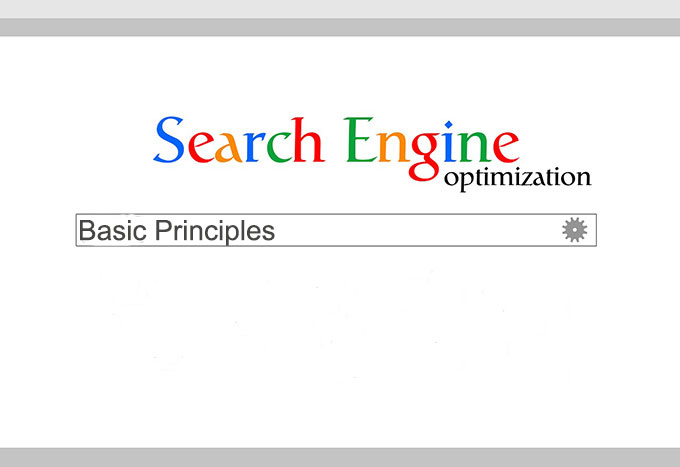
Courtesy of Pixabay
Using content as a content marketing can prove to be among one the most important things you do as a business owner in today and the future. Quality useful content can and will help drive more traffic to your company blog and/or website and earn links. Once visitors land on your website and like what they are reading they will either stay and read the entire post or return back to the SERPs page. When writing content for your blog or website you must always keep these three basic SEO principles in mind in the philosophy of Steve Wiideman: user relevance to search query, popularity, and user experience.
Relevance to Search Query
First and most important item on your to do list is and should be, making sure your website is make sure that your content is relevant to the searched people are performing. Ensure all the pages are structured properly and targeting the specific keyword you want to rank for. The content should be useful, interesting, help solve a problem and sharable to get your visitors to tweet it, like it and share it with others. Content continues to be King, despite all of the algorithm updates.
Even the most optimized websites will have to pass the following tests, time, trust and popularity to rank well for the optimized keywords, which is the number one reason Wikipedia ranks well for just about every and any topic. However, do not go overboard and over-optimized your content with keywords, keep the users experience in mind not the robots.
Also do not forget to attempt to use a few semantic terms within each page or post to increase the authority of that piece of content for the keywords and phrases you would like to rank for.
Popularity and Relevance
To increase and keep your ranking and even make to the much coveted and desired Google’s Page 1 ranking for any keyword other websites and users must link to it and share it. For business owners that have a large marketing budget, consider building as many high-quality links to target pages on your website and run social media campaigns. However, here is a warning regarding link building, make sure your link building team is not going to get you penalized for building spam links or by trying to game the algorithm.
Google engineers have created a dynamic algorithm that detects online marketing activities and tactics used by online marketers, SEO, link builders, webmasters and business owners. Just like the jolly man in the red suit, Googlebots know and can track when your website’s Webmaster and link builder have been naughty or nice. In other words don’t do too much too fast because you will be happy this week and ready to strangle someone the next. By getting mentions, an increase in visibility, earning links, creating creditability and quality content will and should keep your visitors coming back for more.
User Experience
Getting to the coveted spot, “Number 1 Ranking on Google” for any keyword you must be able to keep visitors on your website because if you can get them there and they go back to the search engine results and click on another listing, you just increased your bounce rate and lost a potential client. When a search query is performed and your listing gets pulled up, it’s called an impression. Google creates a database of impressions and clicks, a ratio of clicks and impressions is called the click-through rate (CTR), which will help improve your ranking if people click on it and it’s most important than ranking for a certain keyword.
However, if your bounce rate increases the relevance to the search query, popularity and user experience will decline and/or decrease with Google. Meaning that your website is not what it claims to be about. Therefore consider having a responsive website with great calls-to-action and video to help visitors stay engaged and on your website longer.
Remember, “Content is King” just look at the latest Google algorithm updates that have contributed to thousands of websites losing ranking due to duplicate and thin content,and poor quality links. Writing content doesn’t take and shouldn’t take hours it can be done by setting one hour or two per week aside to develop and write a post for your blog to provide useful information or tips for your visitors, subscribers and potential clients.




